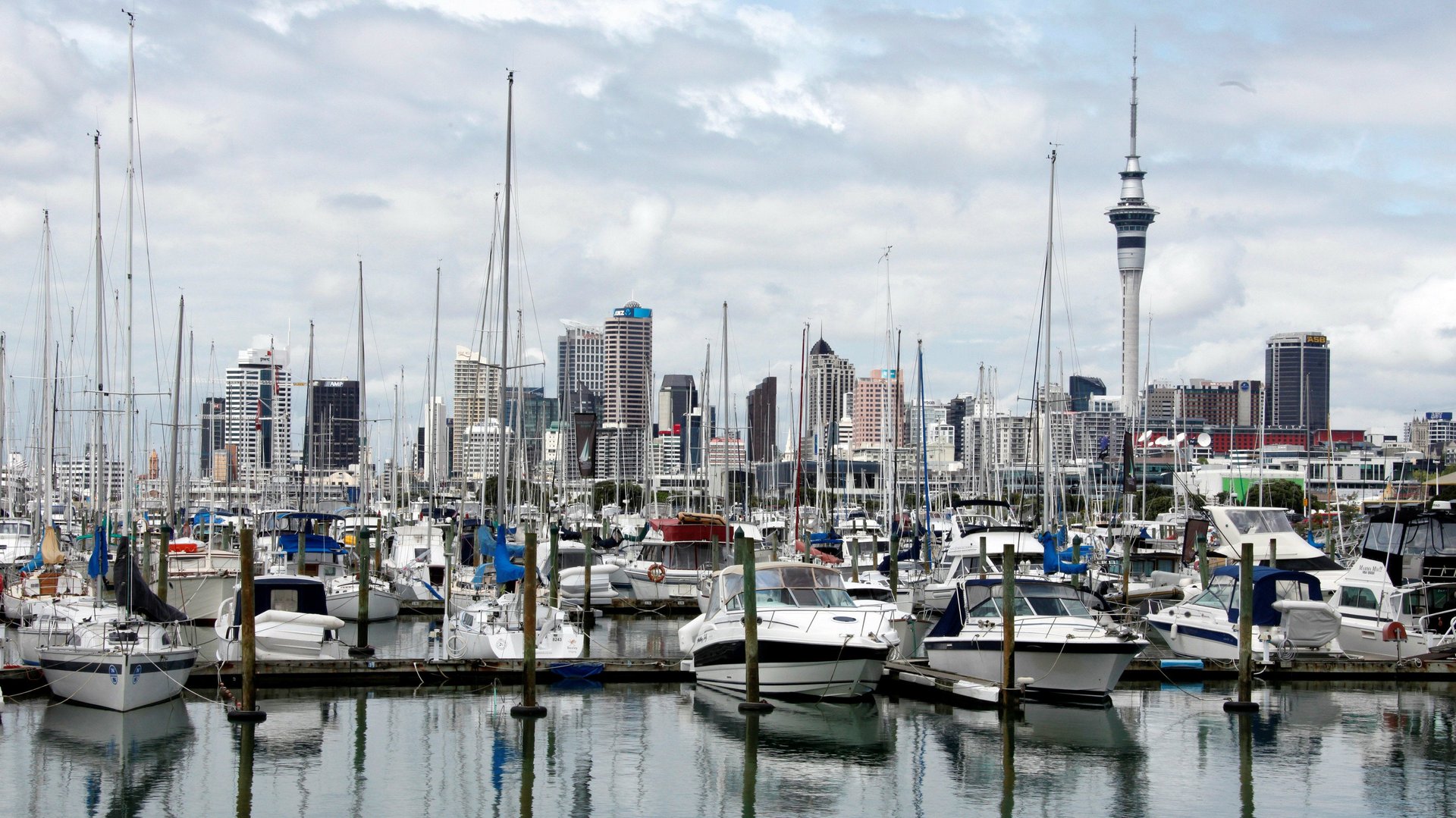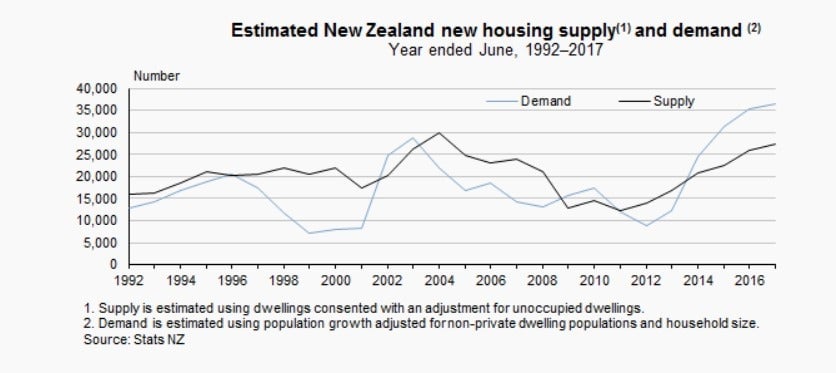New Zealand is banning foreigners from buying houses
Big cities all over the world are grappling with the same problem: how to make homes more affordable for the people who live there. Part of the problem is that the rich see buying overseas real estate as a way of safely storing their wealth, raising the prices beyond what many residents can afford and locking young people out of the housing market. Cities in Canada tried imposing a steep tax on foreign buyers, with limited success. New Zealand, where prices have also soared in recent decades, is taking a different approach and plans to ban foreigners from buying existing homes.


Big cities all over the world are grappling with the same problem: how to make homes more affordable for the people who live there. Part of the problem is that the rich see buying overseas real estate as a way of safely storing their wealth, raising the prices beyond what many residents can afford and locking young people out of the housing market. Cities in Canada tried imposing a steep tax on foreign buyers, with limited success. New Zealand, where prices have also soared in recent decades, is taking a different approach and plans to ban foreigners from buying existing homes.
In the first quarter of 2017, the price of the average home in New Zealand rose by more than 10% compared with a year earlier, according to the central bank. For the past two years, the country has recorded double-digit growth in property prices. Low interest rates on mortgages, immigration, and a limited supply of houses have all played a role. In September, the average house price in the country was NZ$646,378 ($446,110); in Auckland, the average was more than 1 million New Zealand dollars.
In New Zealand, housing affordability is a huge political issue. Elections in September saw a change in the governing party over this very problem. The Labour party went from opposition to a partner in government after campaigning on promises to ban property sales to non-resident foreigners, increase taxes, curb immigration, and build 100,000 homes over 10 years that would be sold at affordable prices.
The new prime minister, Labour’s Jacinda Ardern, said earlier this week, that “foreign speculators” would no longer be able to buy homes from early next year. “We are determined to make it easier for Kiwis to buy their first home, so we are stopping foreign speculators buying houses and driving up prices,” Ardern said.
However, opposition politicians argue that overseas buyers only make up a small portion of house purchases, with some government figures showing it could be as little as 3%, according to Reuters. Additionally, the ban is restricted to existing homes, whereas foreign buyers looking for investments tend to purchase newly built properties.
Other efforts by governments in Canada and Australia to reduce foreign purchases, especially by buyers from China, have failed to significantly lower house prices. In New Zealand, something needs to be done—in the year to June, there was an estimated shortfall of about 9,000 new homes slated to be built, compared with what was needed to serve the population increase over the same time.
